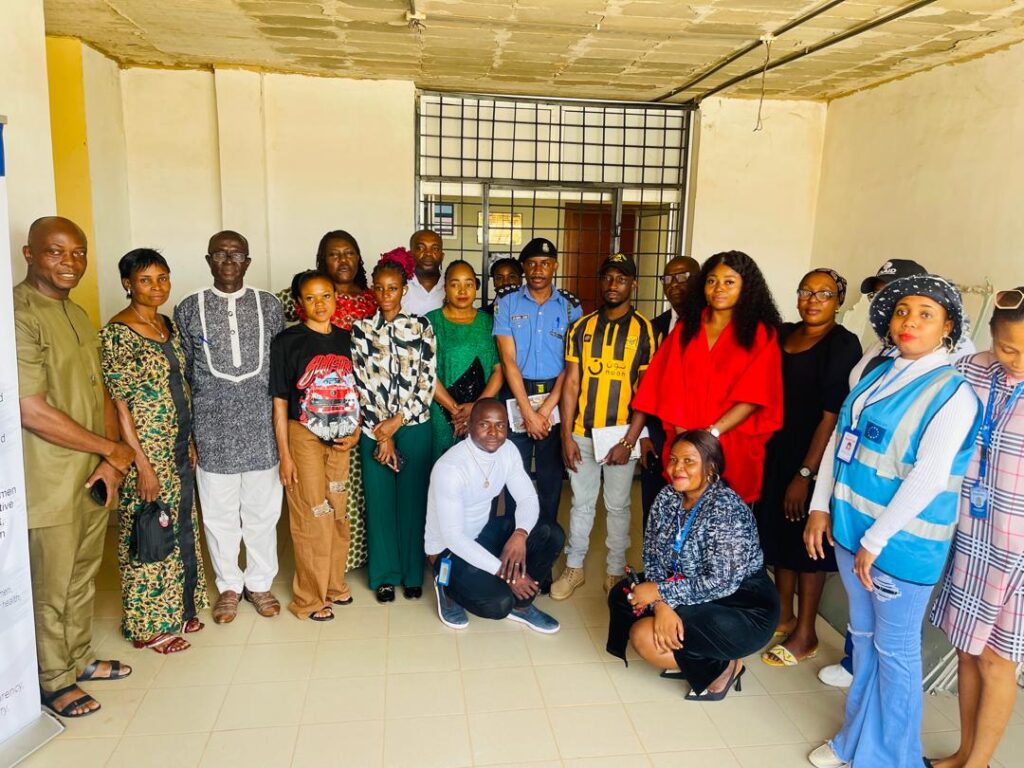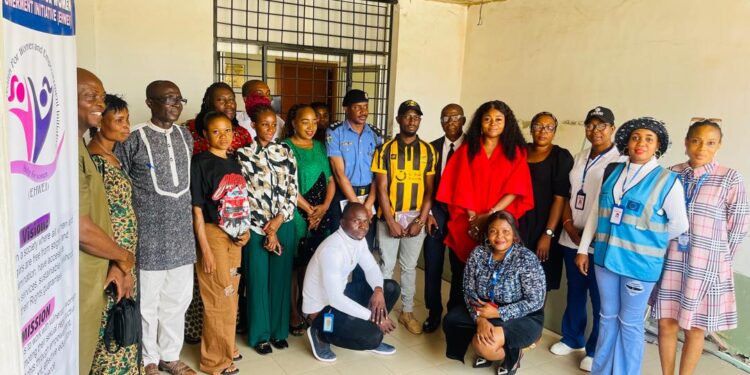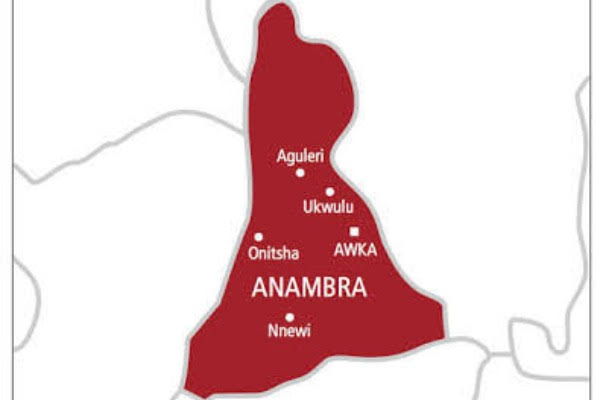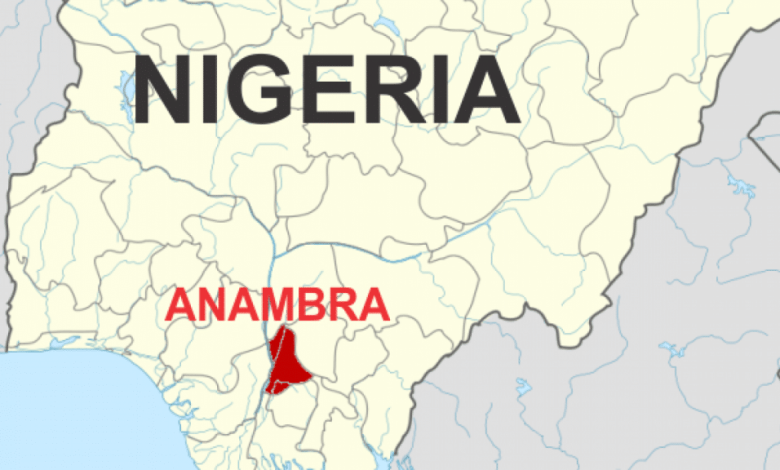Chinedum Treasure
A group, Equitable Health for Women and Empowerment Initiative (EHWEI) has called for committement of relevant stakeholders in ending child sex trafficking and underage female sex workers in Nigeria.
The group stressed the need for increased awareness on child sex trafficking and reduction in incidence of child/underage female sex workers in the country.

Executive Director, Igwe Precious Nneka made the call during a training workshop in Ebonyi State, tagged “Partnering Effectively To End Child Sex Trafficking and Underage Female Sex Work Through Advocacy and Learning for Female Sex Workers (FSWS)”.
She lamented growing child sex trafficking among Female Sex Workers (FSWs) and exploits children across Ebonyi, Nigeria and around the world.
She expressed gratitude seeing presence of targeted key stakeholders despite their tight schedules.

She said, “Trafficking victimization and perpetration share risks and consequences associated with child abuse and neglect, intimate partner violence, sexual violence, and youth violence.
“Perpetrators of human trafficking often target people who are poor, vulnerable, living in an unsafe situation, or searching for a better life. Victims can come from all backgrounds and become trapped in different locations and situations.
“Many victims are women and girls, though men and boys are also impacted. The victims include all races, ethnicities, sexual orientations, gender identities, citizens, non-citizens, and income levels.
“Victims are trapped and controlled through assault, threats, false promises, perceived sense of protection, isolation, shaming, and debt. Child sex victims do not have to be physically transported between locations to be victimized.
“The consequences of sex trafficking are similar to the consequences of sexual violence. These consequences can be immediate and long-term including physical and relationship problems, psychological concerns, and negative chronic health outcomes.
“EHWEI is well aware that ethical implication of child sex trafficking for the FSW Key Population community hence the importance in advocating for behavior change among FSW key Stakeholders, and for securing funding for anti-child sex work intervention programs.
“With our engagement and experience on the field we will continue to document and reports/data of Child sex work trafficking and Gender Based Violence and human rights issues among Sex Workers in Ebonyi, Nigeria.”
Nwanianyi Immaculata, representing Commander, National Agency for the Prohibition of Trafficking in Persons (NAPTIP) in her remark, listed the Agency’s responsibilities which include rescuing, testing and treating girls within the state and outside the state.
“I’m glad to be present for the meeting because it aid in more collaboration with other government agencies and organizations,” she said.
Okorie Christopher Onyekammadu, representing National Human Right Commission (NHRC) restated availability of the Commission for its inputs and support as it worked effortlessly to ensure rights of individuals were protected and not tempered despite whoever was involved.
“Anytime I hear about child trafficking, my heart melts. There is need for intervention groups that will move to all the areas for children trafficked and rescue them and also a functional child rescue foundation should be provided.
“It is important that everyone, especially the parents, caregivers and government join hand together to ensure the end of child trafficking in the state,” he stated.
Public Relation Officer representing the Commissioner for Police in Ebonyi State,
Officer T.S Ukandu Joshua said Police were always on their feet to protect lives of the citizens.
Founder of Child Protection Network, Pst. Odom Gabriel, in his goodwill message said ‘it is important we look into the protection of children. If we don’t give children attention, we are pursuing a fallen future.
“It is also important we look into what parents, organizations and governments are doing to protect these children,” he explained.
Ealier, Program officer, EHWEI, Gloria Paul while welcoming stakeholders, explained the problem statement that sex trafficking is preventable.
“Efforts need to be focused on increasing community awareness of child sex and human trafficking and addressing the exploitation after it occurs.
“To address the knowledge gap on child sex trafficking among FSWs, there is need to enhance their knowledge on how to recognize the signs of human trafficking and help prevent trafficking before it occurs.
“We will expose FSWs on best strategies available to prevent related forms of violence, and they may also reduce sex trafficking.
“EHWEI hope to see her community members free from child sex trafficking, harassment, abuse, rape and misinterpretation of incidences by the media networks in Ebonyi State,” she added.






